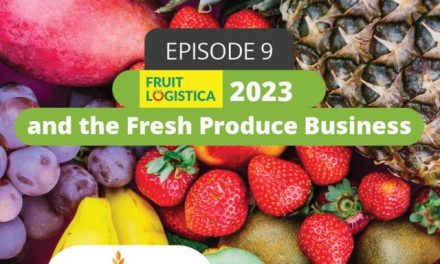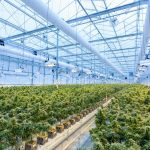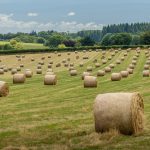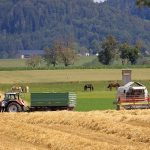
Urban agriculture

There are cities around the world that, after becoming industrial giants and examples of prosperous and growing economies, go through situations that make them fall to the detriment of their population. Such is the case of Detroit, in the state of Michigan of the United States, which was a pulsating economy in the decade of 1950 with more than 1.8 million residents and an area of 225 km2 of land available to boost the rise of local infrastructure. However, due to decades of lack of investment and capital leakage from the city to the suburbs, it began to decline and now has a population of less than 700,000 people.
One of the main problems that the residents of this city must face is the scarcity of nutritional alternatives that allow them to feed themselves in a healthier and more balanced way, aside from the fact that an estimated 70% of the population suffers from obesity. In this sense, farmer Devita Davison, a native of Detroit, says that despite the adversity an opportunity to take advantage of the spaces that were abandoned has emerged as a way to promote the practice of urban agriculture.
Agriculture: the solution for Detroit
The entrepreneurship and change on food culture is already a fact and it is the people of Detroit who are in charge of implementing the strategies that will make urban agriculture one of the best solutions to revive, not only the economy of the city, but also the hope to give a new face to it, one that will create the path for a more promising future for current and future generations. We are talking about an approximate 64 km2 of the city that is empty and available to take advantage of its fertile land, the water resources and the willingness of the neighbours of the area to transform the old industrial park into an agrarian paradise.
According to Devita Davison, there are more than 1,500 gardens and farms located throughout the city of Detroit where, beyond cultivating fruits and vegetables, their urban agriculture is based on the community and on the importance of creating a bond that allows them to grow and perform the tasks for the production and cultivation of healthy and fresh food in cooperation with the rest of the neighbourhood, since at the end of the day it is a joint objective that seeks the benefit and the healthy coexistence of all in general.
Urban agriculture movements in Detroit
There are several urban agriculture movements in Detroit, enforced by local leaders who are making a difference within their communities. Following are some of them:
- Oakland Avenue Farms. Located at North End neighbourhood in Detroit, it has two hectares that combine art, architecture, sustainable ecology and new agricultural market practices.
- Brightmoor Farmway. A small neighbourhood of 21 blocks located at the west of Detroit in Brightmoor neighbourhood. The low income of this community hasn’t been an obstacle for them and today its 13,000 residents managed to end the insecurity and marginalization of a few decades ago, giving way to a cosy, safe environment with parks, gardens, farms and greenhouses.
- Grown Cooperative. It includes close to 70 small farmers who grow and sell their products to the community, obtaining 100% of the income. Their fruits, vegetables, flowers and herbs are cultivated in healthy soils free of chemical or genetically modified agents.
If you find this topic relevant, we invite you to read these other posts: agricultural data of interest in the United States and rise in costs of agricultural production in the United States.

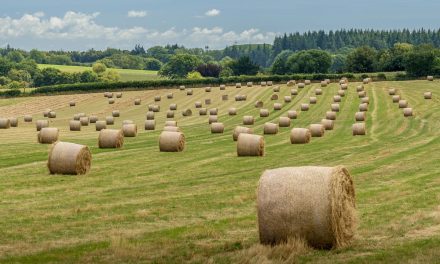
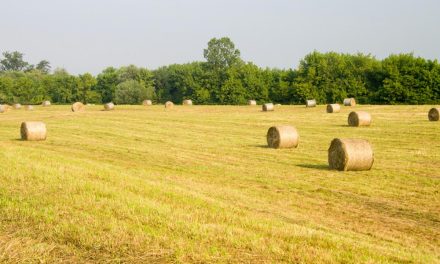

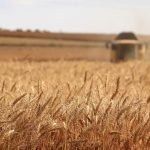
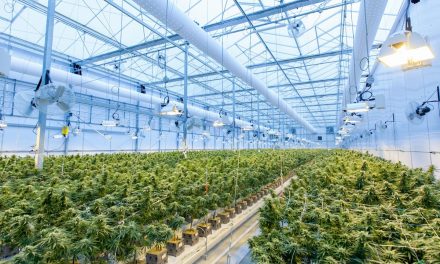
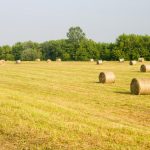

![[eBook] Sustainability and water management](https://agriplasticscommunity.com/wp-content/uploads/8_550x310_ENG-440x264.png)
![[eBook Trends in Agriculture Plastics] Increasing use of biodegradable mulch](https://agriplasticscommunity.com/wp-content/uploads/550 × 310_2_ENG-150x150.png)
![[eBook Trends in Agriculture Plastics] Reducing the plastic used in the manufacture of agricultural films](https://agriplasticscommunity.com/wp-content/uploads/550 × 310_1_ENG-150x150.png)




